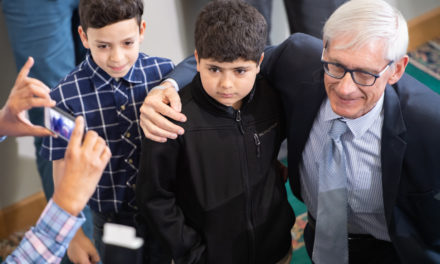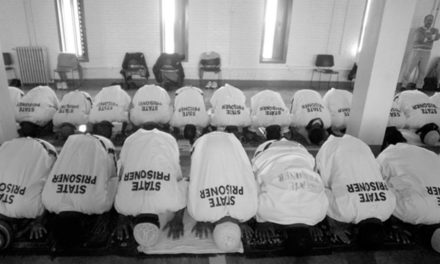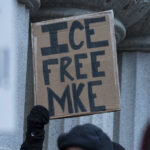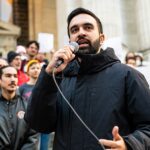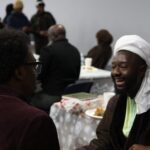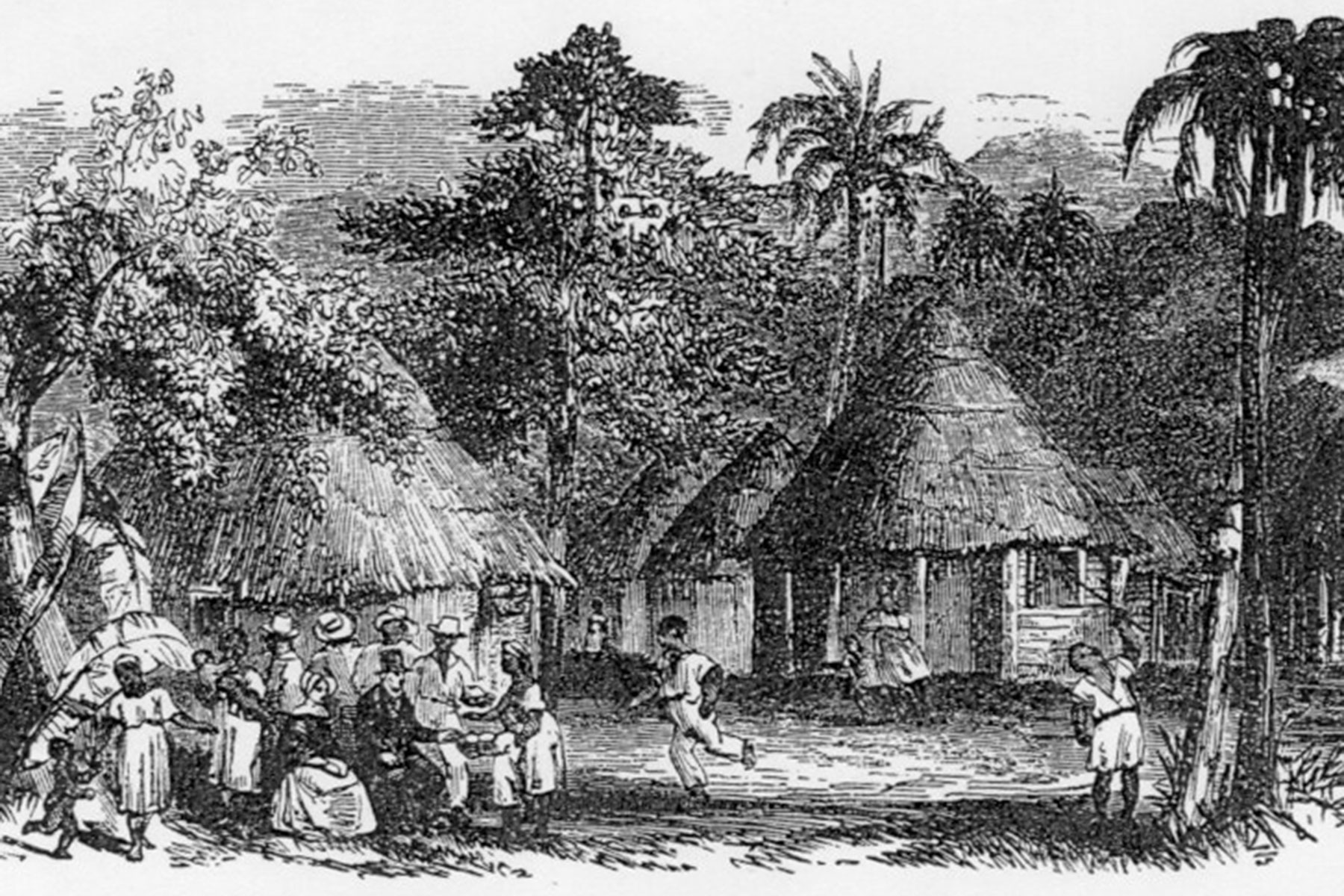
Black History Month is an annual observance in February that started as a way of remembering important people and events in the history of the African diaspora. This biography is part of a series that features well known enslaved African Muslims.
Born in 1794 Timbuktu, Abu Bakr was named after the first Caliph who was the closest friend of the Prophet Muhammad (S). He was the son of a prosperous family in Mandingo, present day Ghana and was captured at age 13 and then sold into slavery. When he was captured, his clothes were torn and he was tied up with ropes. He was sold several times as he was moved from town to town until he was sold to Christians on a ship headed to Jamaica. As part of his enslavement, plantation owners in Jamaica changed his name and forced him to undergo baptism to Christianity, though privately he remained true to the religion and language of his birth.
In his autobiography he wrote, “doth whatsoever he willeth! No one can aside which He hath ordained, nor can anyone withhold that which he hath given! As God Almighty hath said: — Nothing can befall us unless it be written for is (in His book)! He is our master: in God, therefore, let all the faithful put their trust!” (Austin 1984: 557) This quote from Abu Baker’s autobiography shows his complete trust in God. Abu Baker is known for his widespread writings and geographic knowledge of Western Africa.
He compiled lists of trade routes in Western Africa in Arabic, which were later translated into English. No image exists of Abu Bakr. An account of his life is retold in, “Five Classic Muslim Slave Narratives,” edited by Muhammad A. Al-Ahari.
Since the first colonists arrived to settle in North America, Islam was part of the continent’s religious fabric. The Islamic teachings brought by enslaved Africans did not survive long within plantation communities, but there remains evidence in documents and traditions of its existence. It has been estimated that 30% of African slaves brought to the New World were Muslim, but the exact number transported is unknown.
Muslims first came to North America in the 1500s with colonial expeditions. They were an integral part of mapping the country. African Muslims later fought alongside colonists during the Revolutionary War against British rule, when America struggled to become an independent nation. The founding fathers were aware of Islam and the existence of Muslims in America. Thomas Jefferson, who owned a copy of the Qur’an, included Islam in many of his early writings and political treatises.


